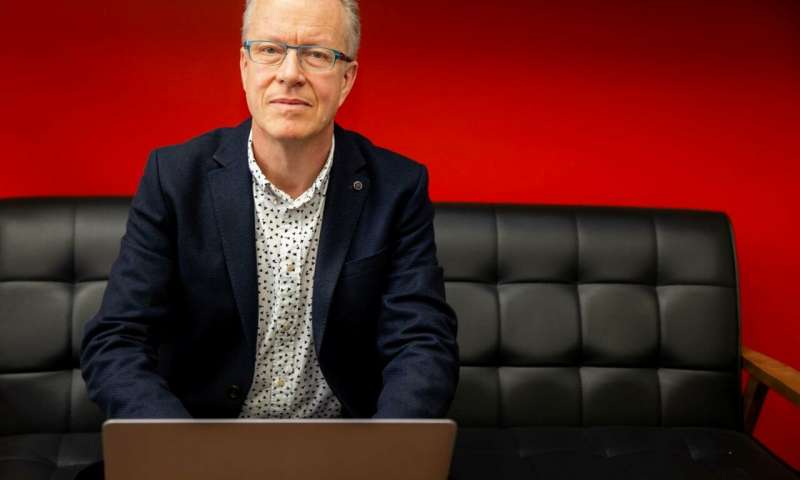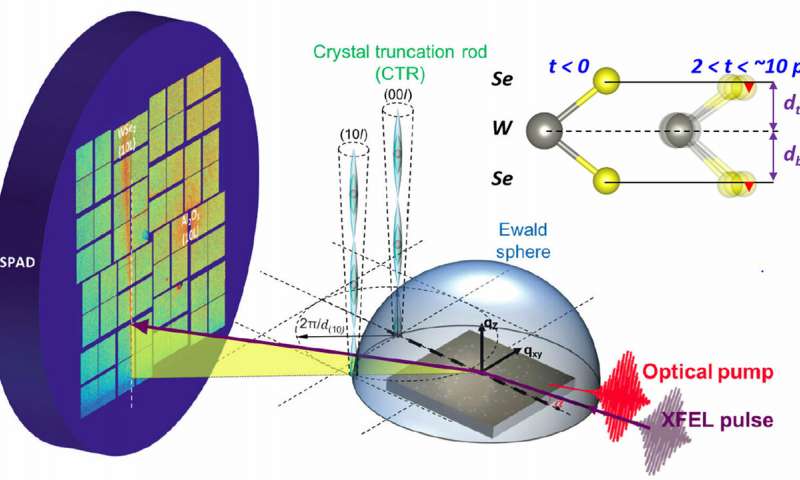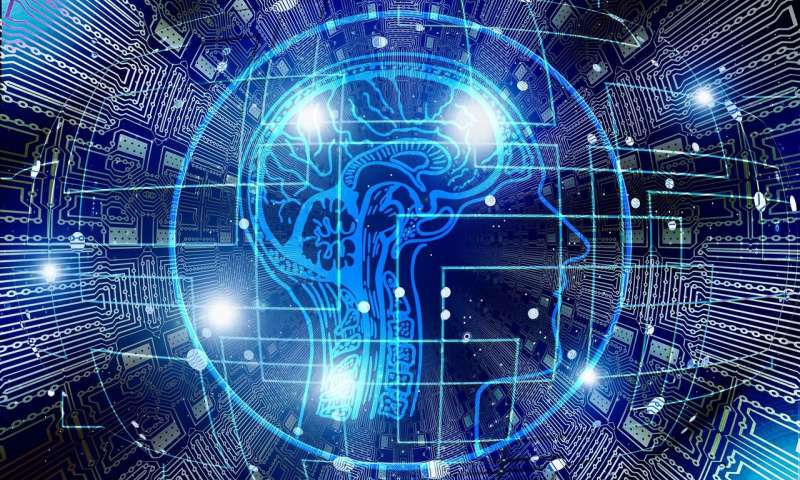Understanding and controlling the molecule that made the universe
Trihydrogen, or H3+, is acknowledged by scientists as the molecule that made the universe. In recent issues of Nature Communications and the Journal of Chemical Physics, Michigan...
How marine snow cools the planet
University of Sydney scientists have modelled how carbonate accumulation from 'marine snow' in oceans has absorbed carbon dioxide over millennia and been a key...
Researchers confirm massive hyper-runaway star ejected from the Milky Way Disk
A fast-moving star may have been ejected from the Milky Way's stellar disk by a cluster of young stars, according to researchers from the...
Physicists reverse time using quantum computer
Researchers from the Moscow Institute of Physics and Technology teamed up with colleagues from the U.S. and Switzerland and returned the state of a...
Can artificial intelligence solve the mysteries of quantum physics?
Under the direction of Mobileye founder Amnon Shashua, a research group at Hebrew University of Jerusalem's School of Engineering and Computer Science has proven...
What scientists found after sifting through dust in the solar system
Just as dust gathers in corners and along bookshelves in our homes, dust piles up in space too. But when the dust settles in...
Ultrathin and ultrafast: Scientists pioneer new technique for two-dimensional material analysis
Discovery allows scientists to look at how 2-D materials move with ultrafast precision.
Using a never-before-seen technique, scientists have found a new way to use some of...
Immigration is beneficial to economies, even after 100 years
A new study in the Review of Economic Studies finds that U.S. counties with more historical immigration have higher incomes, less poverty, and lower unemployment today.
An...
Coal power stations disrupt rainfall, global study finds
Modern coal-fired power stations produce more ultrafine dust particles than road traffic and can even modify and redistribute rainfall patterns, a new 15-year international...
Study: Information literacy can combat ‘fake news’
It's not difficult to verify whether a new piece of information is accurate; however, most people don't take that step before sharing it on...
Scientists one step closer to a clock that could replace GPS and Galileo
Scientists in the Emergent Photonics Lab (EPic Lab) at the University of Sussex have made a breakthrough to a crucial element of an atomic...















